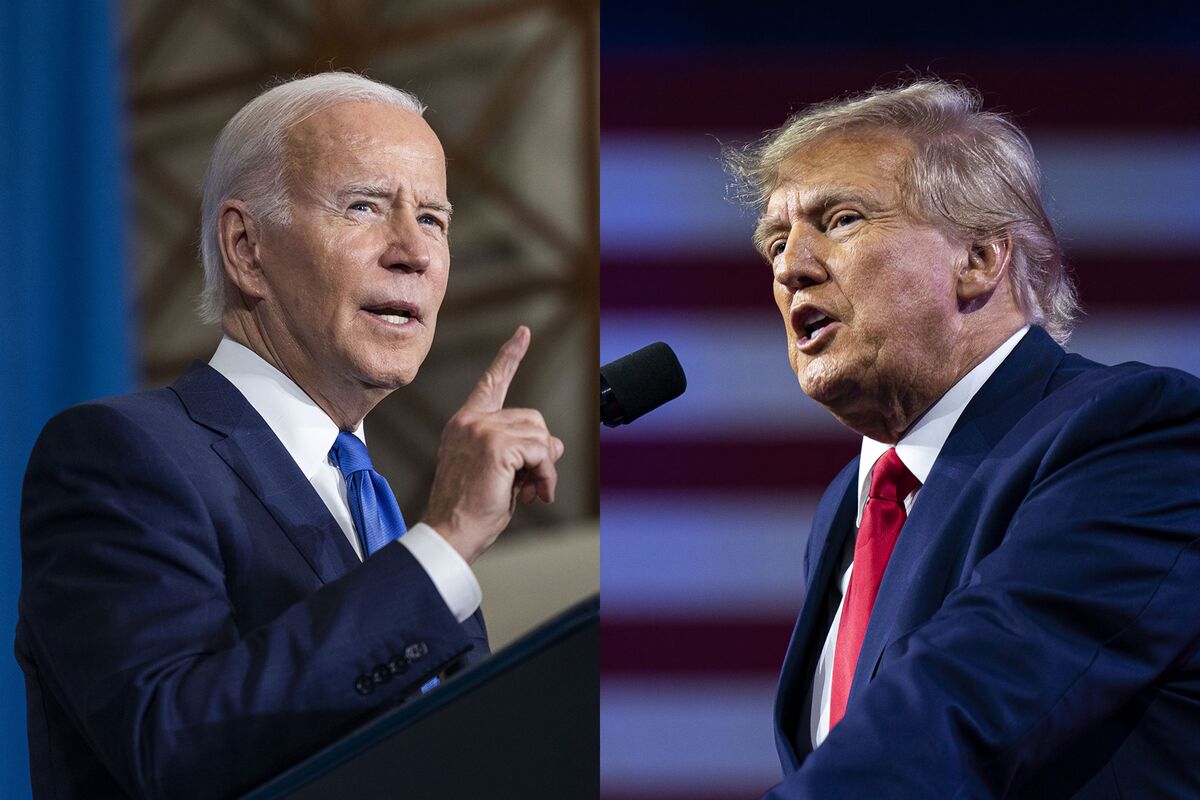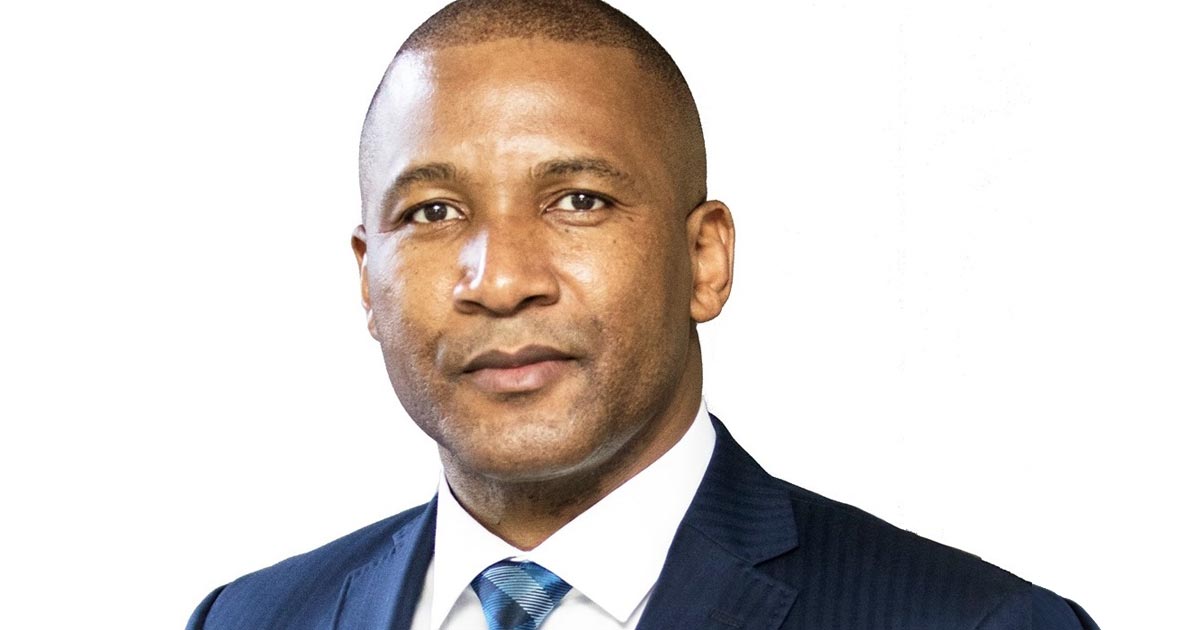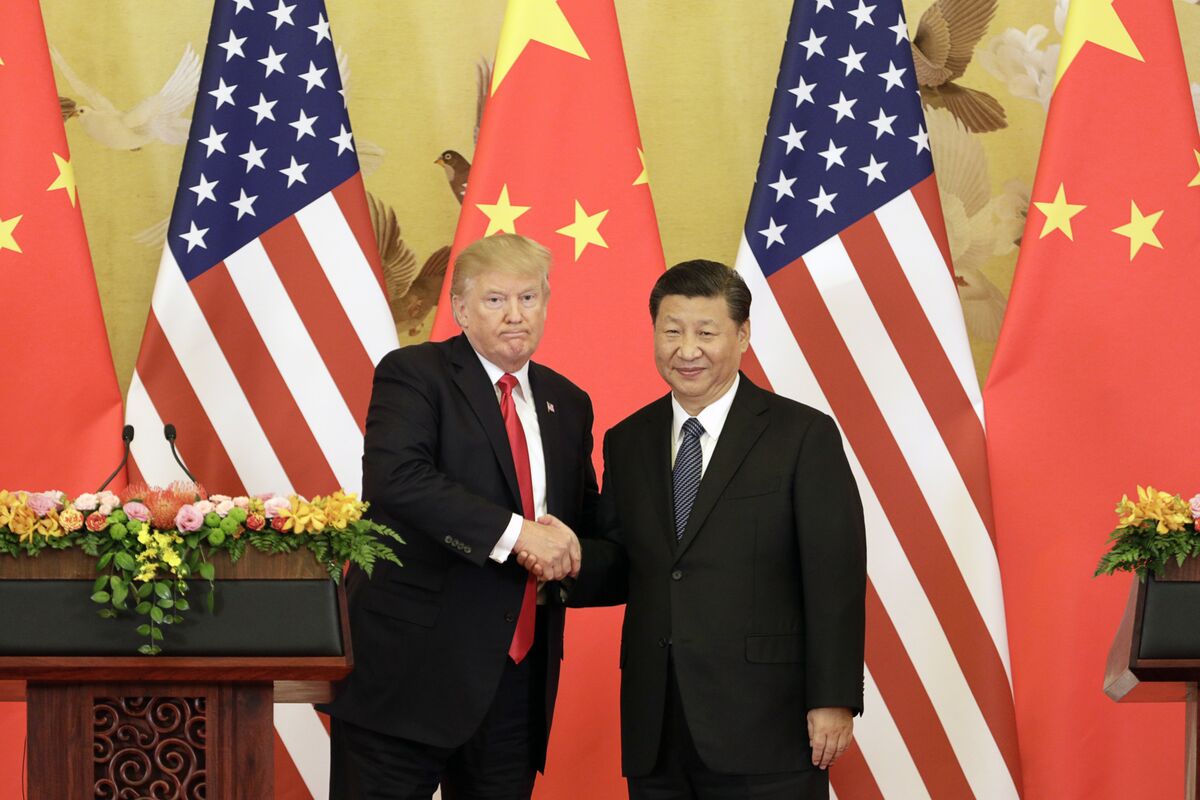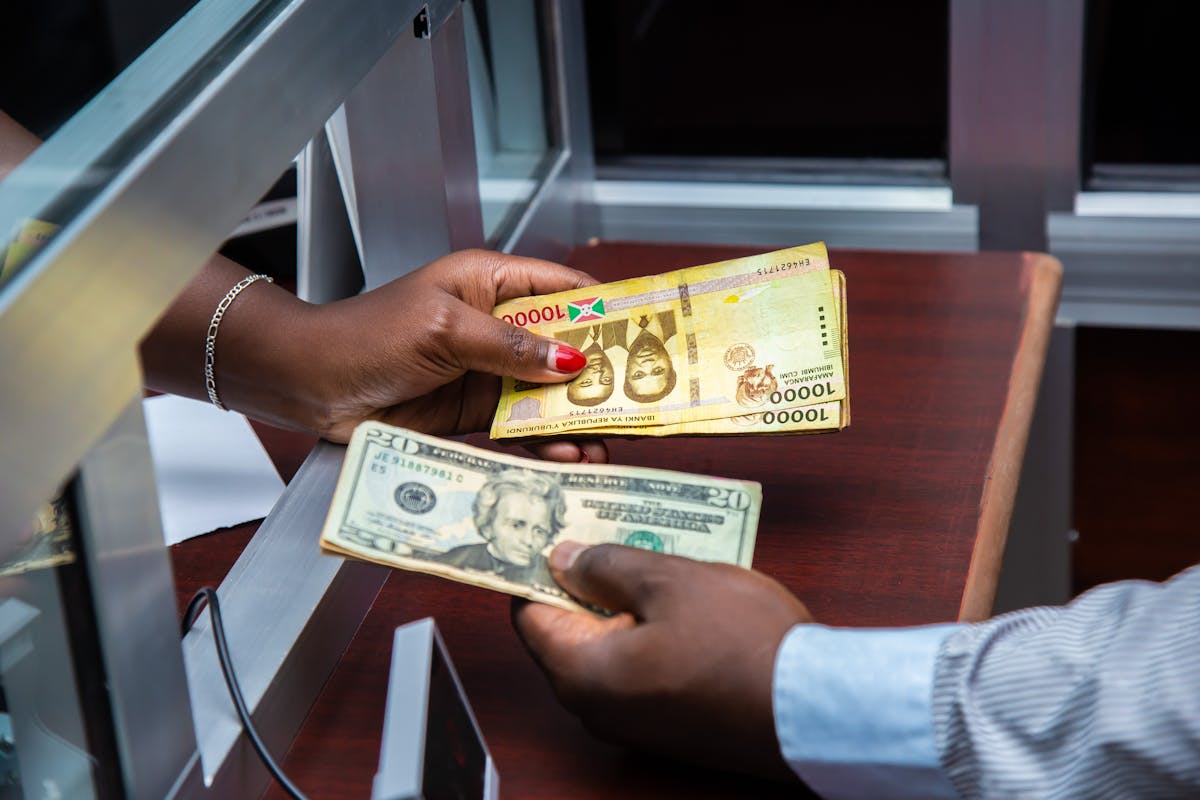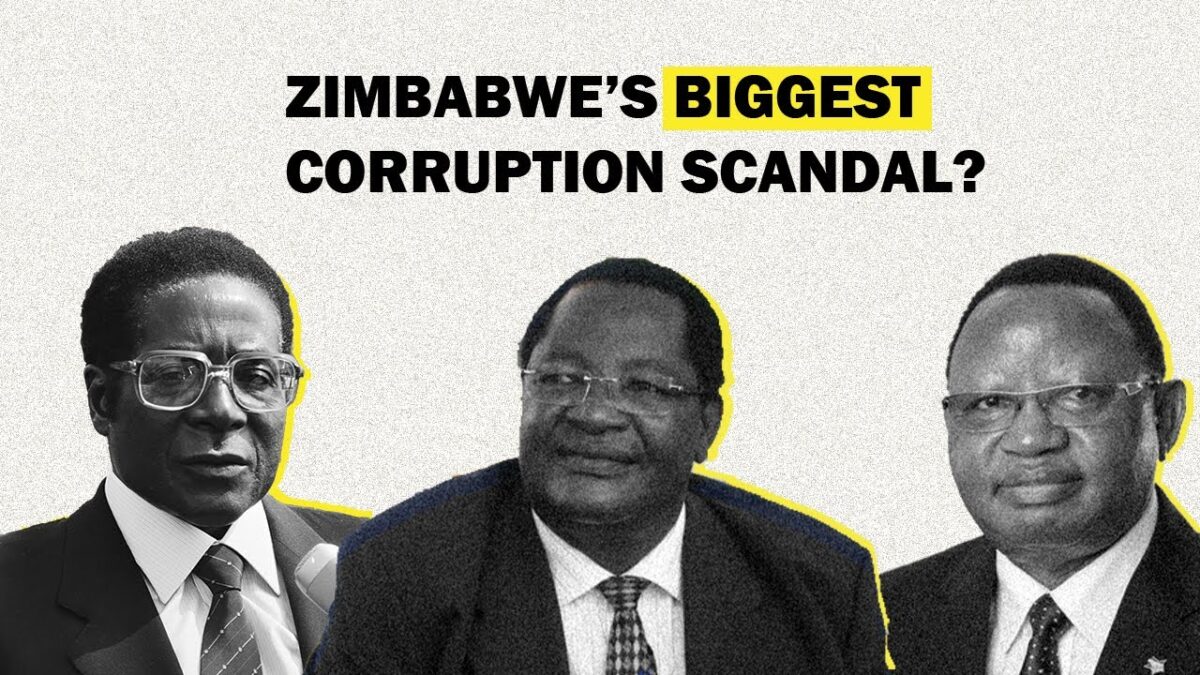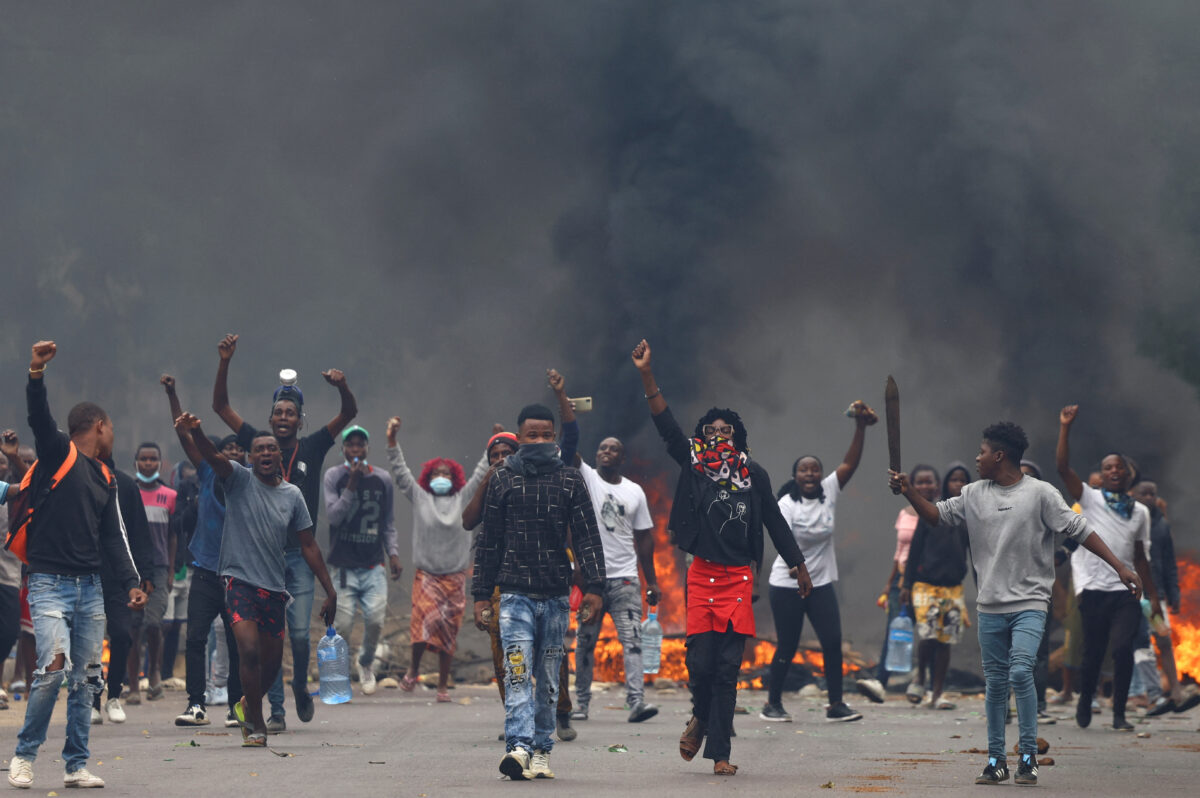
Mozambique is currently experiencing significant political and security challenges that have implications for the broader Southern African region.
Post-Election Unrest: Following the October 9, 2024, presidential election, which saw the ruling party’s candidate, Daniel Chapo, declared the winner with 70.67% of the vote, opposition parties have alleged electoral fraud. This has led to widespread protests, some of which have been met with force by security personnel. Reports indicate that at least 10 individuals were fatally shot by police during these demonstrations, with dozens more injured.

Security Concerns: The ongoing insurgency in the northern province of Cabo Delgado, led by groups affiliated with the Islamic State, continues to destabilize the region. This conflict has resulted in significant displacement and human rights violations. Despite military interventions by Mozambican forces, supported by regional allies, the situation remains volatile.
Regional Implications: The instability in Mozambique poses several concerns for Southern Africa:
- Humanitarian Impact: The conflict has displaced over a million individuals, leading to potential refugee flows into neighboring countries.
- Economic Disruption: The unrest has affected regional trade routes and investment opportunities, particularly in the energy sector.
- Security Spillover: There is a risk of extremist activities spreading beyond Mozambique’s borders, threatening regional stability.

Given these factors, it is prudent for Southern African nations to monitor the situation closely and consider collaborative efforts to address the underlying issues contributing to Mozambique’s instability.
Discover more from sbnn
Subscribe to get the latest posts sent to your email.



